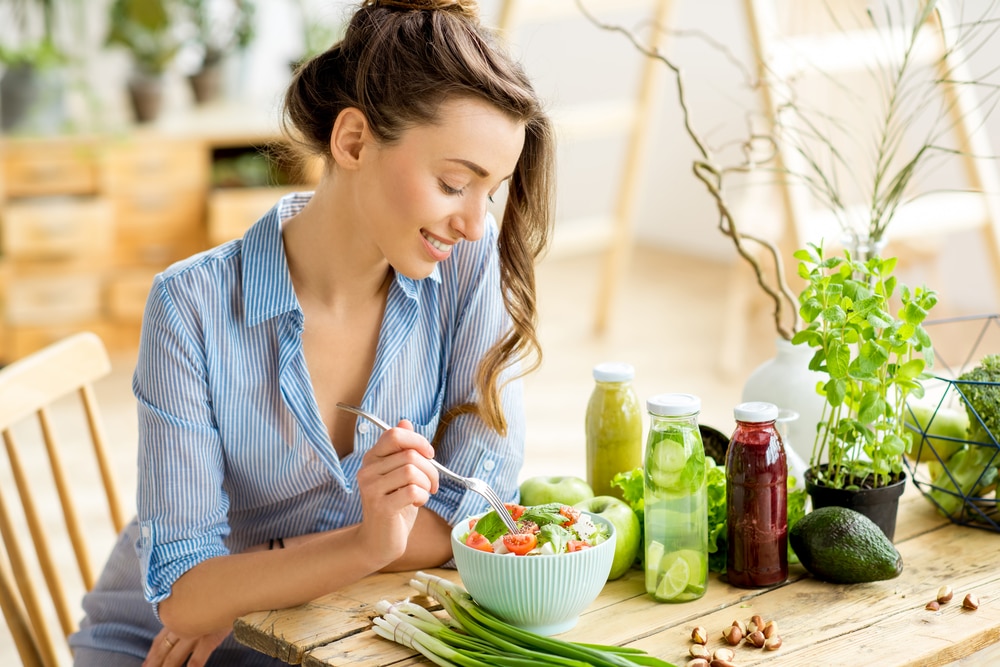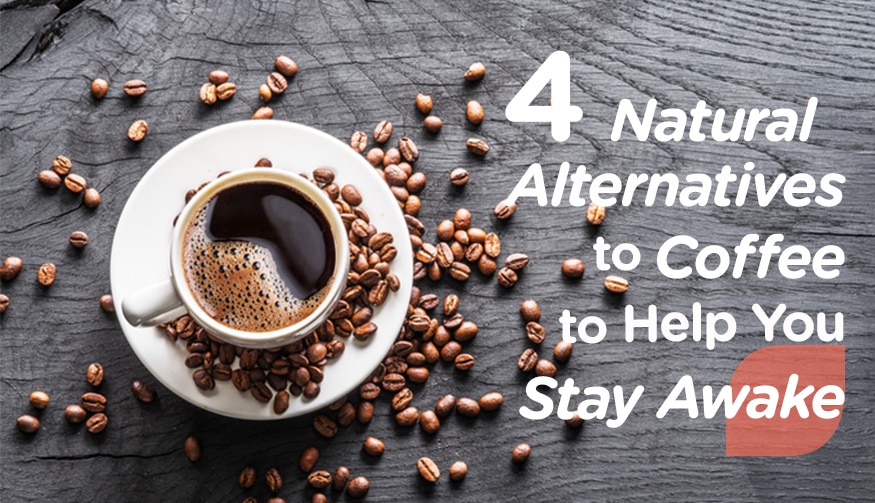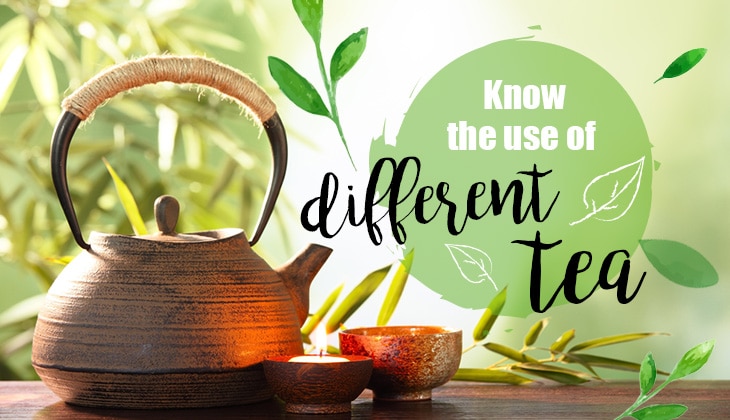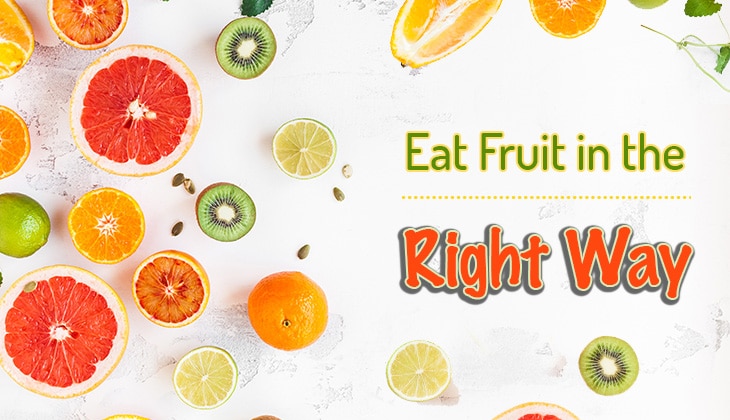Research shows that certain foods, particularly vegetables and fruits, help lower risk for many cancers.
1. Dark green leafy vegetables
Dark green leafy vegetables are rich in carotenoids that help prevent cancer by acting as antioxidants. Antioxidants are substances that can prevent or slow damage to cells caused by free radicals – unstable molecules that the body produces as a reaction to environmental and other pressures.
Research shows that the carotenoids in dark green leafy vegetables can inhibit the growth of certain types of breast cancer cells, skin cancer cells, lung cancer and stomach cancer. Dark green leafy vegetables are also packed with fiber, which helps prevent cancer.
Locally available dark green leafy vegetables include kangkong (water spinach), dahon ng mustasa (mustard leaves), pechay (bok choy), malunggay leaves, dahon ng gabi (taro leaves) and dahon ng kamote (sweet potato leaves), among others.
2. Broccoli and cruciferous vegetables
Aside from broccoli, cruciferous vegetables include cabbage, cauliflower, Brussels sprouts and turnips. Cruciferous vegetables are rich in vitamins (B, C, K), minerals (manganese, potassium) and phytochemicals that act as antioxidants. They also have cancer-preventing fiber.
3. Fruits
Aside from being packed with vitamins, minerals and dietary fiber, fruits such as apples, blueberries, cherries, cranberries, grapefruit and grapes/grape juice are rich in cancer-fighting phytochemicals.
Tomatoes are an excellent source of vitamins C and A (produced from beta-carotene) and potassium. In addition to beta-carotene, tomatoes contain a number of other carotenoids, particularly the potent antioxidant lycopene.
4. Coffee
Coffee is a good source of the B vitamin riboflavin, and is also a concentrated source of antioxidant phytochemicals. Lab studies suggest that instant coffee may be lower in antioxidant potency than brewed coffee, though more research is needed.
5. Tea
Brewed tea—particularly the green, oolong and black varieties—are rich in cancer-fighting polyphenols and phytochemicals. Ready-to-drink bottled tea is convenient, but it often contains added sugar and is much lower in polyphenols and total antioxidants than brewed tea.












